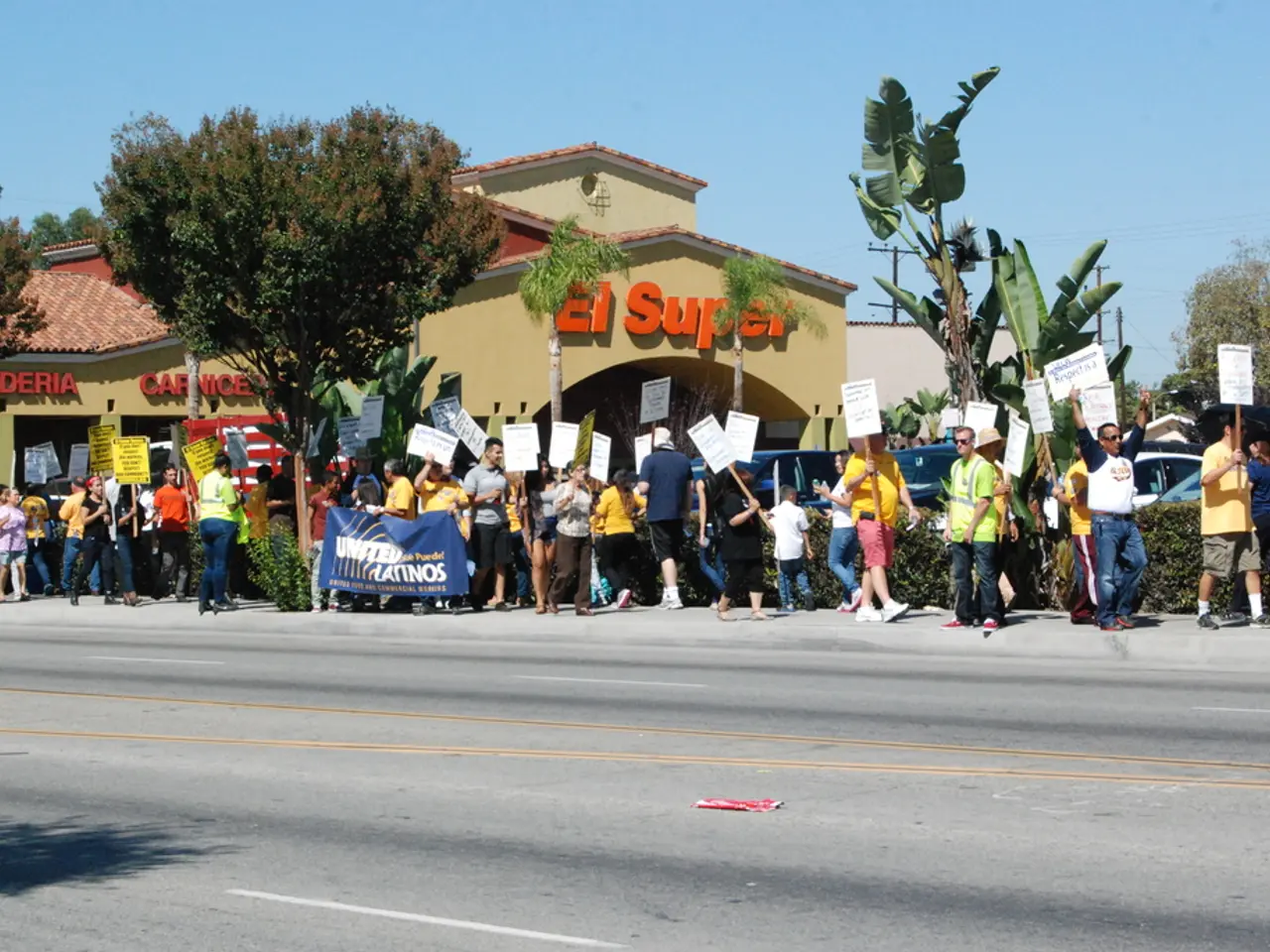Campaign Financing Bodies Pouring Substantial Funds into the 2016 Elections
In the lead-up to the 2016 presidential election, the role of Super PACs and nonprofits in shaping the political landscape became increasingly significant.
Several Republican candidates, including Jeb Bush, Carly Fiorina, Gov. Bobby Jindal, and Rick Santorum, found support from Super PACs. Bush's Super PAC, Right to Rise, Jindal's Believe Again, and Fiorina's Unlocking Potential were among those established to advocate for their respective candidates.
Meanwhile, at least four Republicans - Rick Perry, Rick Santorum, Bobby Jindal, and John Kasich - were linked to nonprofits that supported their vision for America. These nonprofits were used for various purposes, such as polling, policy formulation, hiring operatives, traveling, building networks, and staying in the spotlight.
The National Journal suggested that nonprofits might have a bigger influence on the 2016 presidential campaign than Super PACs. However, Super PACs, created in 2010 following the Supreme Court decisions in Citizens United v. Federal Electon Commission and SpeechNow.org v. Federal Election Commission cases, raised and spent hundreds of millions of dollars to support and attack candidates in the 2012 presidential campaign.
Super PACs can raise unlimited amounts of money from corporations, unions, associations, and individuals before candidates formally announce their runs. While there are no limits on the amount of money Super PACs can spend to advocate for or against political candidates, they must report their donors on a monthly or quarterly basis.
Potential candidates who are not officeholders are allowed to solicit funds for Super PACs, which are supposed to operate independently of candidate campaigns. This was evident in the case of Hillary Clinton's Super PAC, initially named Ready for Hillary, which might continue to exist despite her not officially announcing her presidential run.
On the other hand, some nonprofits, known as 501(c)(4) social welfare groups, can raise and spend unlimited amounts of money like Super PACs but are not required to disclose their donors. This lack of transparency has raised concerns about the influence of these organisations in political campaigns.
In a recent statement, Daniel Tokaji, a law professor, pointed out that campaign financing has become almost unregulated due to Citizens United and related cases from the Roberts court. This has led to an influx of money in political campaigns, with Super PACs playing a significant role.
Massachusetts Sen. Elizabeth Warren's progressive supporters established the Ready for Warren super PAC, raising less than $100,000 as of Dec. 31, 2016. Despite this, the influence of Super PACs and nonprofits in the 2016 presidential campaign remained a topic of debate and concern for many.
Read also:
- Peptide YY (PYY): Exploring its Role in Appetite Suppression, Intestinal Health, and Cognitive Links
- Toddler Health: Rotavirus Signs, Origins, and Potential Complications
- Digestive issues and heart discomfort: Root causes and associated health conditions
- House Infernos: Deadly Hazards Surpassing the Flames








